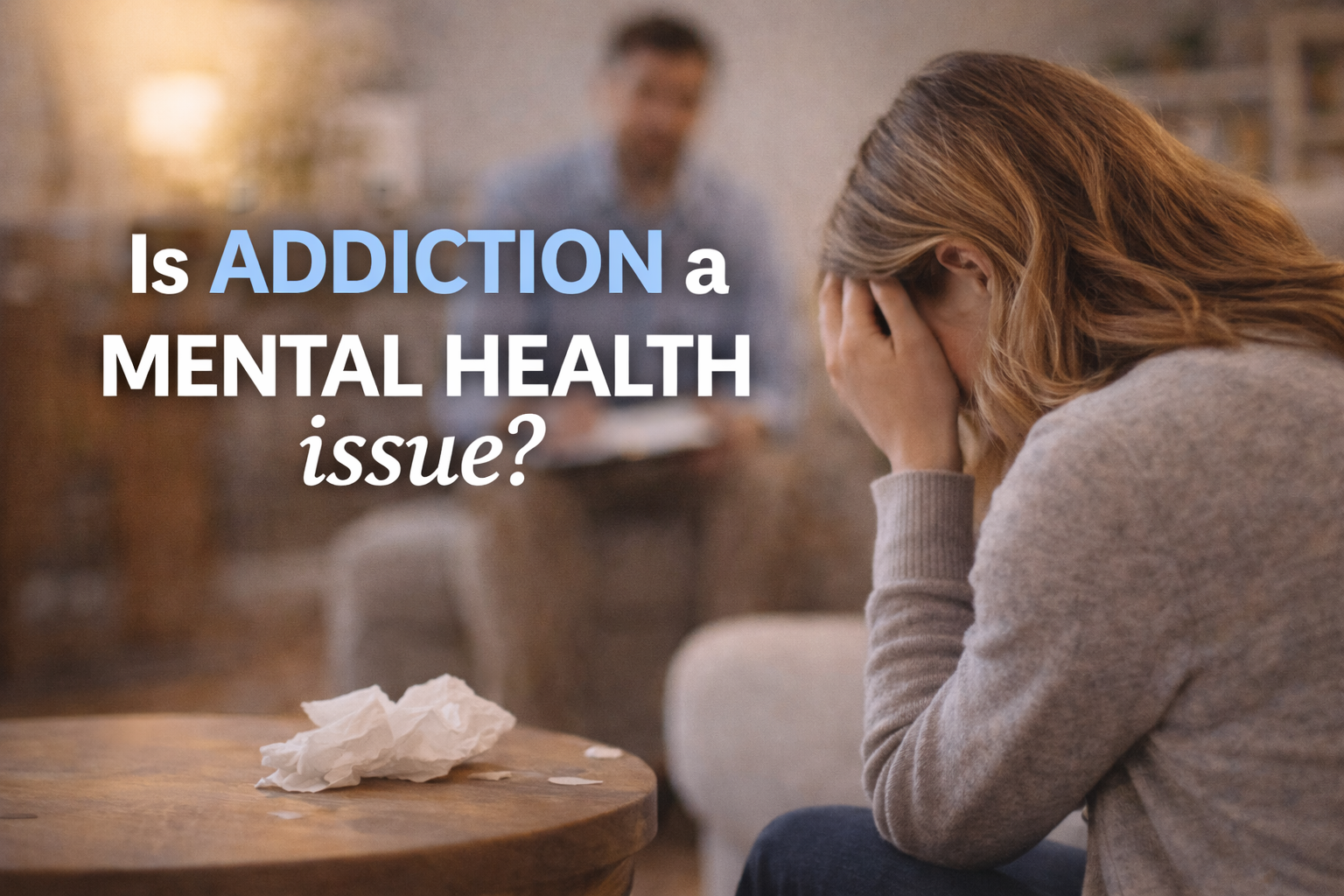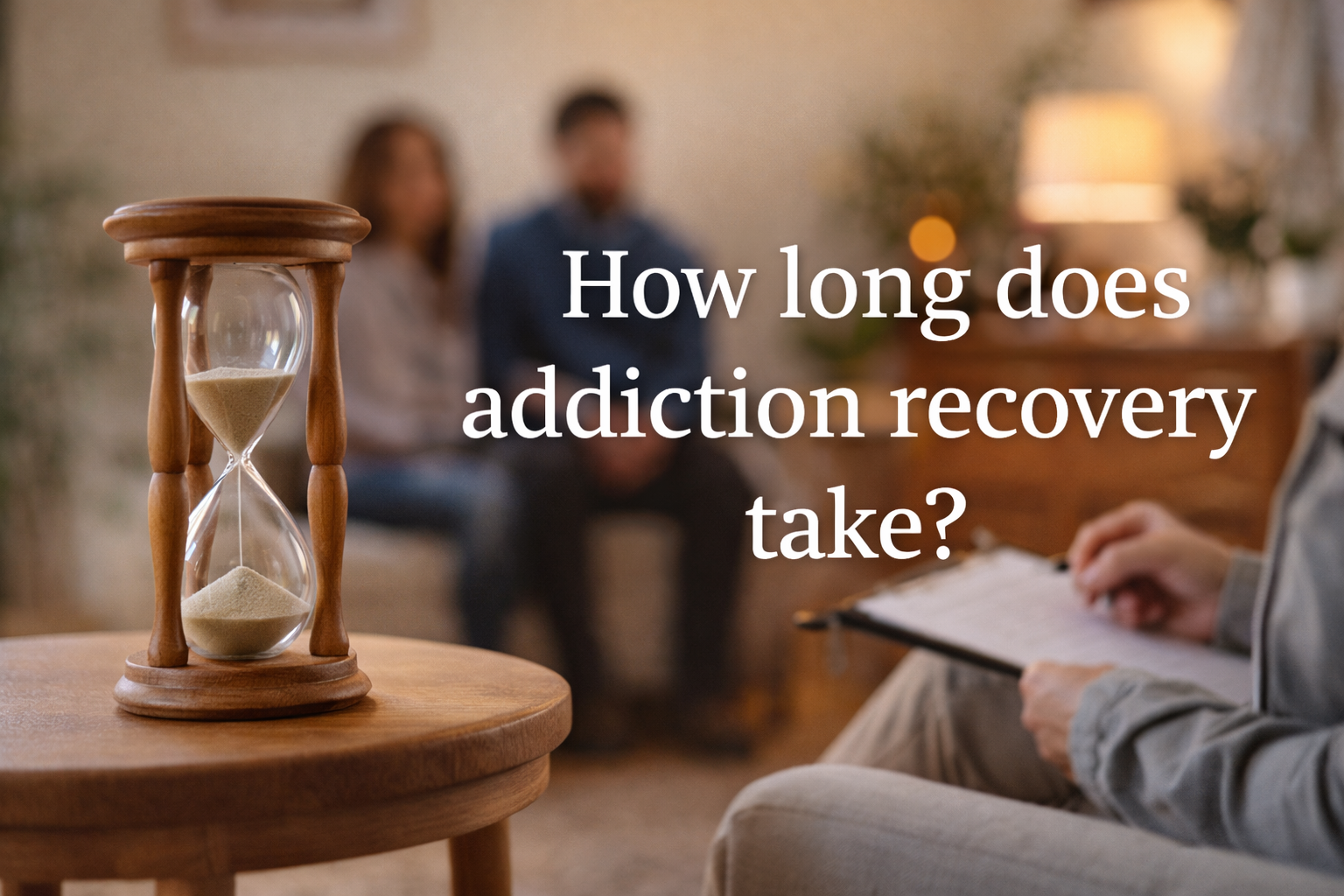Sobriety can be a challenging and difficult time to begin with. One may experience cravings as high as the highest mountain, feel as depressed as the lowest trenches, and suffer from impaired thinking patterns while trying to regain a sense of normalcy. All these are symptoms of a condition called PAWS (Post Acute Withdrawal Syndrome). It’s important to realize these symptoms are normal and that any functioning addict who has just come out from active addiction will experience PAWS at some level. The severest period of PAWS is between 3 to 6 months in sobriety. If you or your loved one experiences symptoms of PAWS, there is hope. Rest assured, it is not the slow onset of insanity, as many who are new to it might feel. Moreover, it is a healthy sign that the disease of addiction is exiting the system. This condition can be treated with a lifestyle of care and ease, which is why support and help are vital during these early days of recovery.
What are the Symptoms of PAWS?
PAWS can manifest in various ways. Some of the symptoms include:
- Sleep Disturbances: Addicts in early recovery often struggle to get to sleep, creating cycles of late nights and sleepy days. It is common to experience disturbed sleep due to restlessness, and some may even have vivid dreams related to their using experiences, known as “using dreams.” All of this can be exhausting and overwhelming, exacerbating the stresses of early recovery.
- Anxiety: Early recovery is a period of general upheaval as one tries to give up a survival mechanism. Such drastic changes are traumatic, and the body reacts with uncomfortable emotions, including anxiety. The level of anxiety varies according to one’s addictive history, with the worst symptoms often felt by those withdrawing from opiates.
- Impaired Thinking: The mind of an addict in recovery can feel like a fairground or circus. Simple things become dramatic, and some people may overanalyze issues, like alcoholics getting hung up on the fact that they can no longer have a “pub lunch.” There is often an inability to say “no” and a desire to please everyone, which can lead to difficult situations. It’s important to keep life simple during this time until capacities increase to handle more.
- Disturbed Thinking: Trouble thinking even about simple things, like recalling lyrics to favorite songs or remembering distant acquaintances, is normal for those suffering from PAWS. This is because using substances consumed a lot of mental energy in the past, and it takes time to relearn basic functions.
- Emotional Confusion: “Using” often blots out emotions, making it difficult to feel happy, sad, glad, or even regret. As the mind begins to process emotions again, those suffering from PAWS may experience a confusing mix of feelings.
- Cravings: As expected, addicts in early recovery will crave their substance of choice. These cravings are what fueled the addiction in the first place. It’s important to find ways to surf these urges and be vigilant about the cravings that arise.
A Solace Asia Solution to PAWS
Many addicts relapse due to their inability to cope with the discomforts caused by PAWS. How can one push beyond the irritability of PAWS to maintain a stable recovery? Below are some solutions designed to help addicts extricate themselves from the clutches of PAWS:
- Meditation and Mindfulness: The act of breathing in and out in a watchful state, known as “meditation,” is crucial. It connects us to the present moment, helping to ground addicts in early recovery and detach from their troubles. Meditation helps in mindful living, which is imperative in overcoming PAWS.
- Adequate Sleep: Sleep is often underplayed, but it is essential to get 7 to 8 hours of sleep every night. A proper sleep schedule, day-time napping with care, and reducing brain-stimulating activities before bedtime are crucial for those undergoing PAWS.
- Healthy Friendships: In recovery, friendship takes on a new meaning. Friends are people with whom we can confide our troubles and who, in turn, confide in us. Sober fun, like outings with sober fellows, can form part of a dynamic social life that helps stave off the negative effects of PAWS.
- Exercise: Working out helps release endorphins, similar to the “runner’s high,” which can take the edge off PAWS. Exercise creates a healthy body, nurturing recovery and mitigating the effects of PAWS, which result from poor health and fitness.
- Balanced Nutrition: A balanced nutritional intake helps the body repair itself during early recovery. Focusing on health and well-being counteracts the effects of PAWS, which are often due to neglect of one’s health.
- Sponsorship in 12-Step Programs: A sponsor is someone with whom you can share all of life’s challenges to find recovering solutions. Having a sponsor reduces the mental burden of PAWS, as sharing one’s problems nurtures mental well-being and serenity, vital for overcoming PAWS.
- Personal Time and Space: Those suffering from PAWS need their own time and space to process the intricacies of sober living. Spending time alone, away from codependent behaviors, helps in understanding oneself better and promotes healthier recovery.




.jpg)



